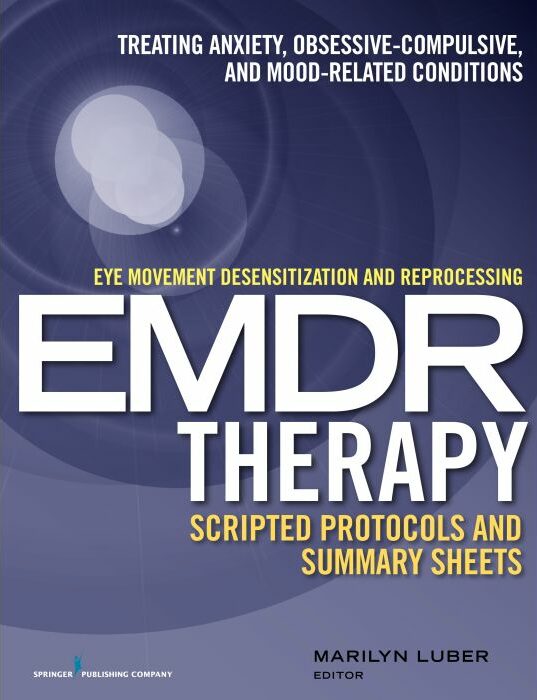“Tackling trauma to overcome OCD resistance” (The TTOOR Florence trial): Efficacy of EMDR plus CBT versus CBT alone for inpatients with resistant obsessive-compulsive disorder. Protocol for a randomized comparative outcome trial
A randomized comparative outcome trial on inpatients with treatment-resistant OCD comparing EMDR+CBT to intensive brief CBT.
Article Abstract
“Researchers and clinicians have recently highlighted the usefulness of integrating additional therapeutic approaches into standard intensive cognitive behavioural treatments (CBT) with the aim to improve clinical outcomes for patients with severe resistant OCD. To date, there is still a limited amount of knowledge on the effectiveness of third-wave CBT techniques for OCD, despite such techniques seemed to be effective for a wide range of mental disorders. The Eyes Movement Desensitization Reprocessing (EMDR) is a treatment approach, based on the Adaptive Information Processing model, which conceptualizes psychological disorders as manifestations of unresolved traumatic or distressing memories. EMDR has been conceived as an integrative approach, aimed at facilitating resolution of memories, desensitizing stimuli that trigger present distress as a consequence of second-order conditioning, and incorporating adaptive attitudes and behaviours for better functioning. The present paper describes a research protocol for a randomized comparative outcome trial on inpatients with treatment-resistant OCD in a tertiary inpatient clinic in Italy. The study will aim to: (a) examine the effectiveness of EMDR with intensive brief CBT (EMDR+CBT) compared to intensive brief CBT alone on primary outcomes (OCD symptoms, obsessive beliefs, depression, and anxiety) at immediate post-treatment, one-, six-month-, and one-year-follow-up; (b) compare feasibility and acceptability of EMDR+CBT protocol versus intensive brief CBT alone (in terms of attrition and treatment satisfaction); (c) examine the effectiveness of EMDR+CBT versus intensive brief CBT alone on secondary outcomes (disgust propensity and sensitivity, emotion dysregulation, and dissociative experiences and symptoms). Inclusion/exclusion criteria of participants, outcomes, time scheduling, rationale, and therapeutic components of the treatments will be presented.”
—Description from publisher
Article Access
Open Access
Pozza, A., Mazzoni, G. P., Neri, M. T., Bisciglia, R., La Mela, C., Fernandez, I., & Dettore, D. (2014). “Tackling trauma to overcome OCD resistance” (The TTOOR Florence trial): Efficacy of EMDR plus CBT versus CBT alone for inpatients with resistant obsessive-compulsive disorder. Protocol for a randomized comparative outcome trial. American Journal of Applied Psychology, 2(5), 114-122. Open access: http://pubs.sciepub.com/ajap/2/5/3
Date
November 11, 2014
Creator(s)
Andrea Pozza, Gian Paolo Mazzoni, Maria Tiziana Neri
Contributor(s)
Rossano Bisciglia, Carmelo La Mela, Isabel Fernandez, Davide Dèttore
Topics
Compulsive Behaviors
Practice & Methods
Comparative Studies, Inpatient/Residential, Integrative Therapies
Extent
9 pages
Publisher
Science and Education Publishing
Rights
Copyright © 2013 Science and Education Publishing. All Rights Reserved.
APA Citation
Pozza, A., Mazzoni, G. P., Neri, M. T., Bisciglia, R., La Mela, C., Fernandez, I., & Dettore, D. (2014). “Tackling trauma to overcome OCD resistance” (The TTOOR Florence trial): Efficacy of EMDR plus CBT versus CBT alone for inpatients with resistant obsessive-compulsive disorder. Protocol for a randomized comparative outcome trial. American Journal of Applied Psychology, 2(5), 114-122. Open access: http://pubs.sciepub.com/ajap/2/5/3
Audience
EMDR Therapists, Other Mental Health Professionals
Language
English
Content Type
Article, Peer-Reviewed, RCT
Access Type
External Resource, Open Access





